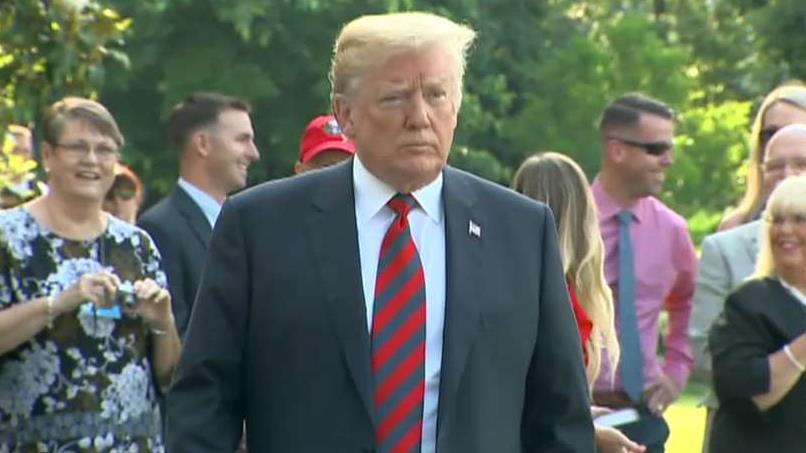Why China is targeting American agriculture with tariffs
China’s tariffs on the American agriculture sector is likely a political decision designed to attack President Trump’s base in the Midwest, according to a former U.S. secretary of commerce.
“Agriculture is 2% of our GDP,” Carlos Gutierrez said during an interview with FOX Business’ Cheryl Casone. “So it’s not like they’re targeting the biggest part of our economy.”
China is the biggest buyer of U.S. soybeans, importing more than $12.4 billion worth of the oil seed in 2017. But in response to a 25% tariff on $34 billion worth of Chinese goods imposed by the White House starting Friday, the Asian giant retaliated by slapping tariffs worth $34 billion on 545 American goods, including poultry, fruits and vegetables, and dairy products.
Most of the states that produce those goods are located in the American heartland – a majority of which voted for Trump, Gutierrez said.
And because of the tariffs, agriculture will likely start seeing a surplus similar to what happened with cheese (according to The Washington Post, the U.S. has a 1.39 billion-pound stockpile of cheese in warehouses across the country).
“That will hurt the farmers, it will hurt our farms, and most likely drive them to losses,” he said.
According to Gutierrez, 30% of the agricultural business involves exporting. And he said the problem is likely to worsen before it gets better: Permits and customs clearance will likely take longer than usual, which has some farmers worried their crops will rot in warehouses while they wait for the proper documents.
“This is now a war,” he said. “U.S. companies can expect that it will be more difficult to do business in China in the short term, as well as Mexico and parts of Europe. We’ve managed to pick a fight with everyone. This is going to be difficult.”




















